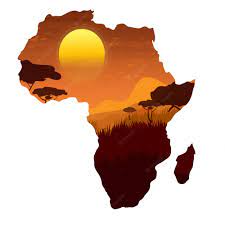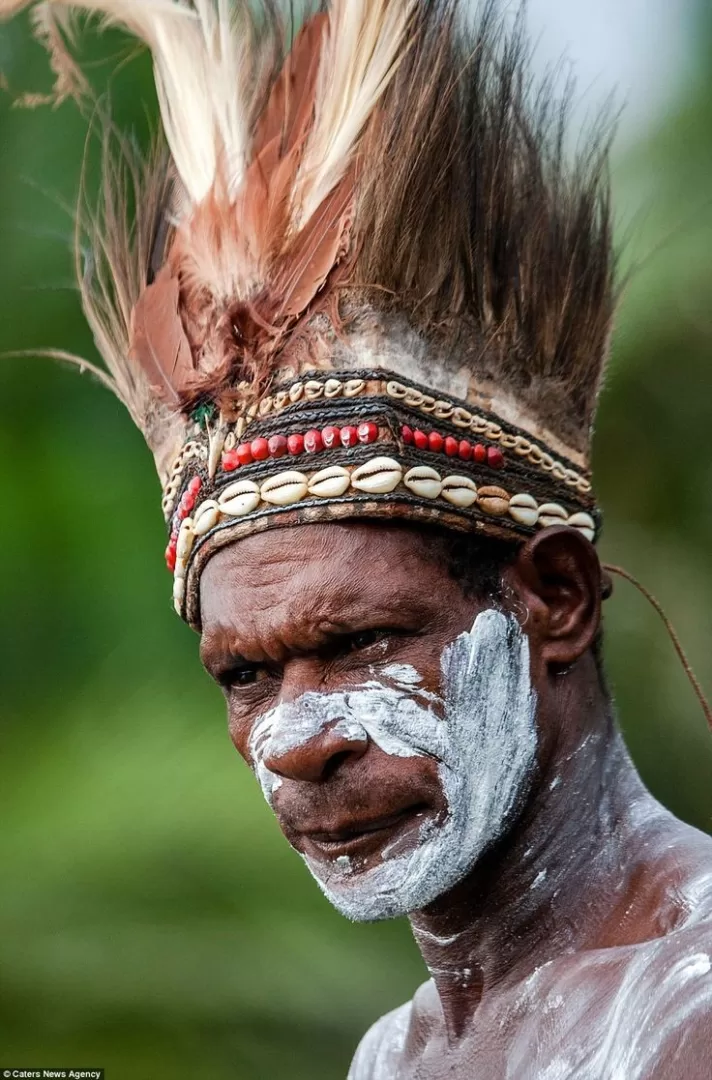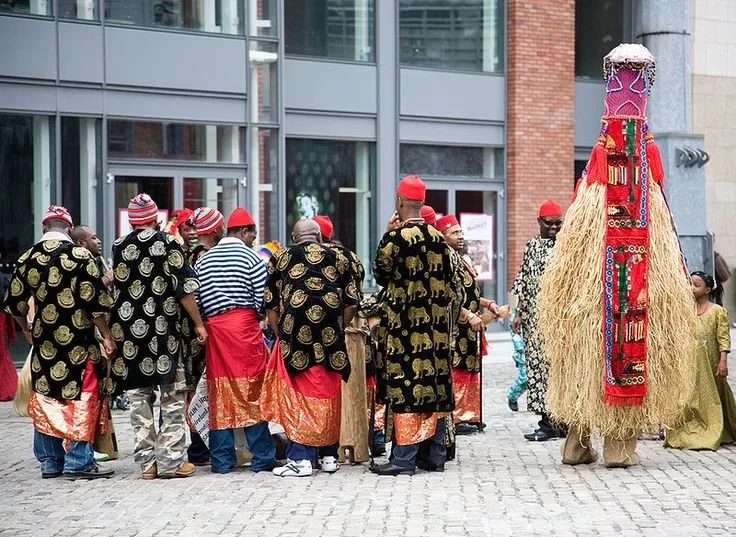What Was Africa Called Before ‘Africa’?


Africa, with its vast landscapes, rich history, and diverse cultures, has been known by various names throughout antiquity. The question of what Africa was called before the continent adopted its current name is an intriguing one, as it sheds light on the historical perceptions and interactions with the land.
In this blog post, we will embark on a journey through time to explore the ancient names and designations of Africa, showcasing the continent’s significance in the ancient world.
Explained: What Was Africa Called Before Africa?


Ancient Egypt: Land of the Gods and Pharaohs
In ancient times, the northern region of Africa, encompassing modern-day Egypt, was referred to as “Kemet” or “Kmt,” which translates to “black land.” This name symbolized the fertile soil deposited by the annual flooding of the Nile River, which sustained one of the earliest and most prosperous civilizations in history – ancient Egypt.
Kemet was a significant center of trade, culture, and innovation, leaving a profound impact on the development of the African continent.
READ ALSO: The Ma’nene Festival of Indonesia: The Ceremony of Cleaning Corpses
Carthaginian Influence: The Land of Berbers
During the height of the Carthaginian civilization, the northern African coastal regions, including parts of present-day Tunisia and Libya, were referred to as “Barqa” or “Barca.” This term is believed to have originated from the Berber population who inhabited the region, and it played a significant role in the history of the Punic Wars between Carthage and Rome.
Ptolemaic and Roman Era: The Birth of “Africa”
The name “Africa” as we know it today traces its origins to the ancient Romans. The Roman province of “Africa” encompassed parts of modern-day Tunisia, Algeria, and Libya. This name is believed to have been derived from the Latin word “Africus,” meaning the “land of the Afri,” which referred to the indigenous Berber people who inhabited the region.
Over time, the name “Africa” came to represent the entire continent, and it persists to this day.
READ MORE: 10 Best Restaurants in Abuja
Greek References: The Land of the “Aethiopians”
The ancient Greeks referred to certain parts of Africa as “Aethiopia” or “Aithiopia,” meaning the land of the “burnt faces.” This term was used to describe areas in modern-day Ethiopia and Sudan. The Greeks held great admiration for the Aethiopians, whom they considered to be a wise and long-lived people.
Conclusion
The historical names of Africa showcase the continent’s rich and diverse past, revealing its significance in the ancient world. From the fertile lands of Kemet to the Berber-influenced regions of Barqa and the Roman province of Africa, each name represents the cultures, civilizations, and interactions that have shaped Africa’s history.
Today, the name “Africa” stands as a testament to the continent’s enduring legacy, celebrated for its vibrant cultures, diverse landscapes, and the resilience of its people. As we explore Africa’s past, we gain a deeper appreciation for its present and look forward to a future filled with continued growth, progress, and unity across this remarkable land.







